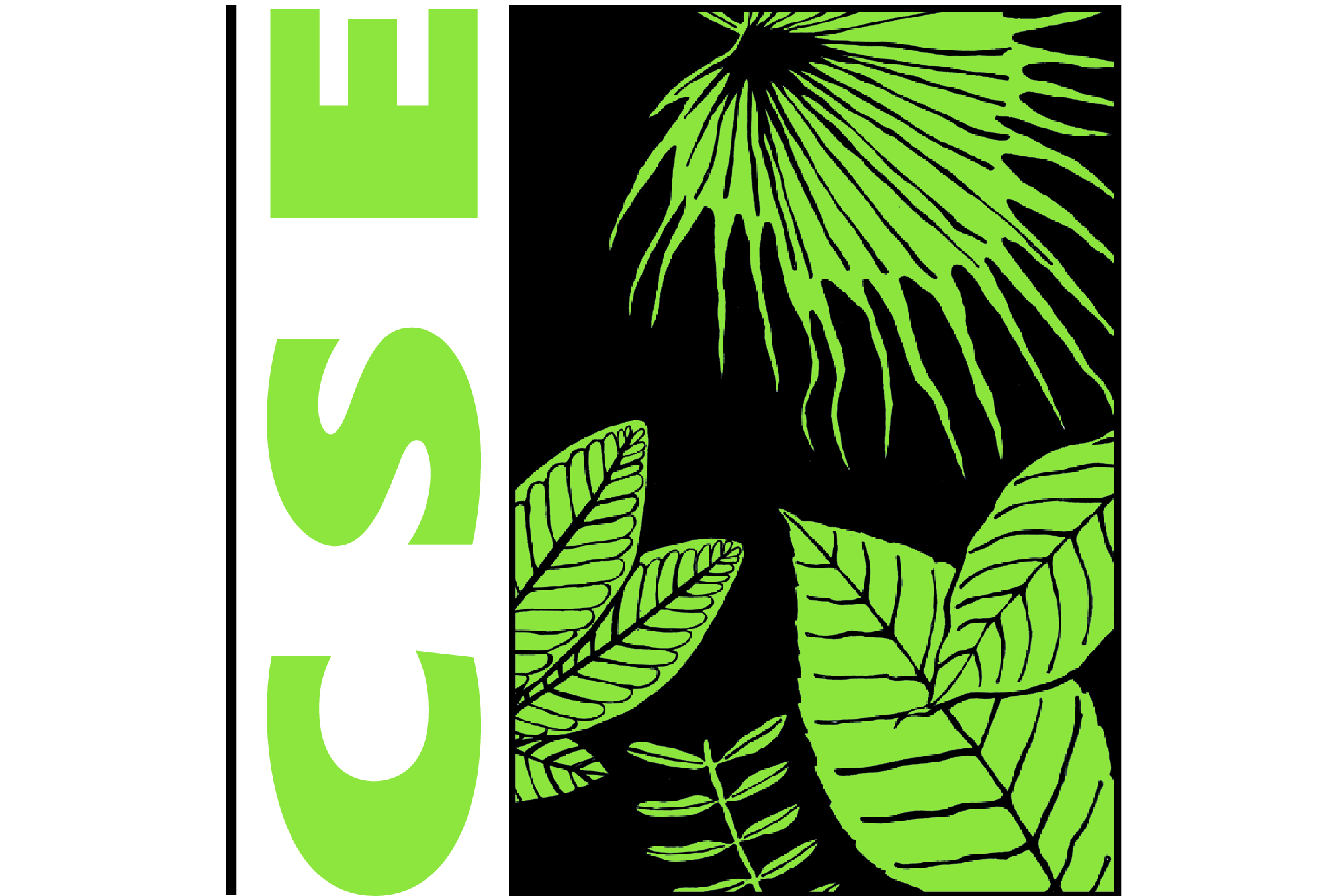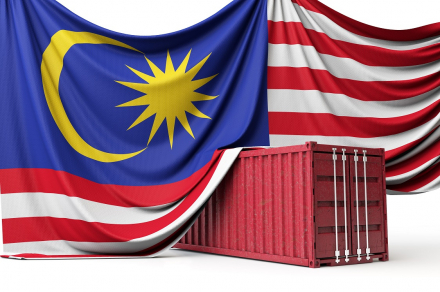GOVERNMENTS/ASSOCIATIONS/FASTENER GROUPS
CSE India's New Report Shows How Global South Can Minimize the CBAM Impact


Add to my favorite
2024-08-22
The report by the Centre for Science and Environment (CSE) of India estimated that at a rate of €100 (or US $106) per tonne of carbon dioxide equivalent, CBAM would impose an average tax burden of 25% annually over and above the value of CBAM-covered goods exported to the EU by India. The report shared recommendations on how developing countries can proactively take steps to mitigate CBAM's liability, while also transforming their manufacturing sectors to shift towards low-carbon processes.
In line with their demand for financing, developing countries must have sectoral mitigation plans in place outlining specific measures and targets for emissions reductions in key emitting sectors of their economies, the report suggested. In order to lessen the effects of paying the tax to the EU (or any other nation enforcing a similar mechanism), developing nations should tax their exports domestically and reinvest the proceeds into a decarbonisation fund under government management, the report recommended.
This strategy does not interfere with fair trading conditions with the EU and satisfies the EU's demand for the establishment of a domestic carbon pricing system, in this case, a carbon tax. Additionally, it keeps the money in the developing nation.
The report suggested that emerging nations take into consideration varied production techniques for various markets and trade partners as a stopgap strategy. Using green production methods for products going to areas with CBAMs may be a temporary measure while the nation's manufacturing sector progressively becomes less carbon-intensive.
The report said that if climate policies are to permeate trade agreements, climate justice must be at the core of this development. In this light, the report proposed a system where developing countries could impose a ‘historical polluter tax’ on trade partners to fund their own decarbonization efforts. Trade partners who have contributed a specific amount to the total historical CO2 emissions since the pre-industrial era may be subject to this tax.
印度
扣件
南半球
CBAM
印度科學與環境中心
the Centre for Science and Environment (CSE)
發展中國家
低碳
India
Southern Hemisphere
developing country
low carbon emission
fastener
德國杜塞道夫線材展
扣件
國際展會
惠達雜誌
匯達實業
外銷媒合
廣告刊登
螺絲五金
五金工具
緊固件
台灣扣件展
印度新德里螺絲展
越南河內螺絲展
墨西哥瓜達拉哈拉螺絲展
美國拉斯維加斯螺絲暨機械設備展
波蘭克拉科夫螺絲展
義大利米蘭螺絲展
德國司徒加特螺絲展
wire Dusseldorf
FASTENER FAIR INDIA
FASTENER FAIR VIETNAM
FASTENER FAIR MEXICO
FASTENER POLAND
FASTENER FAIR ITALY
FASTENER FAIR GLOBAL
READ NEXT
GOVERNMENTS/ASSOCIATIONS/FASTENER GROUPS
2024-11-29

Subscribe







